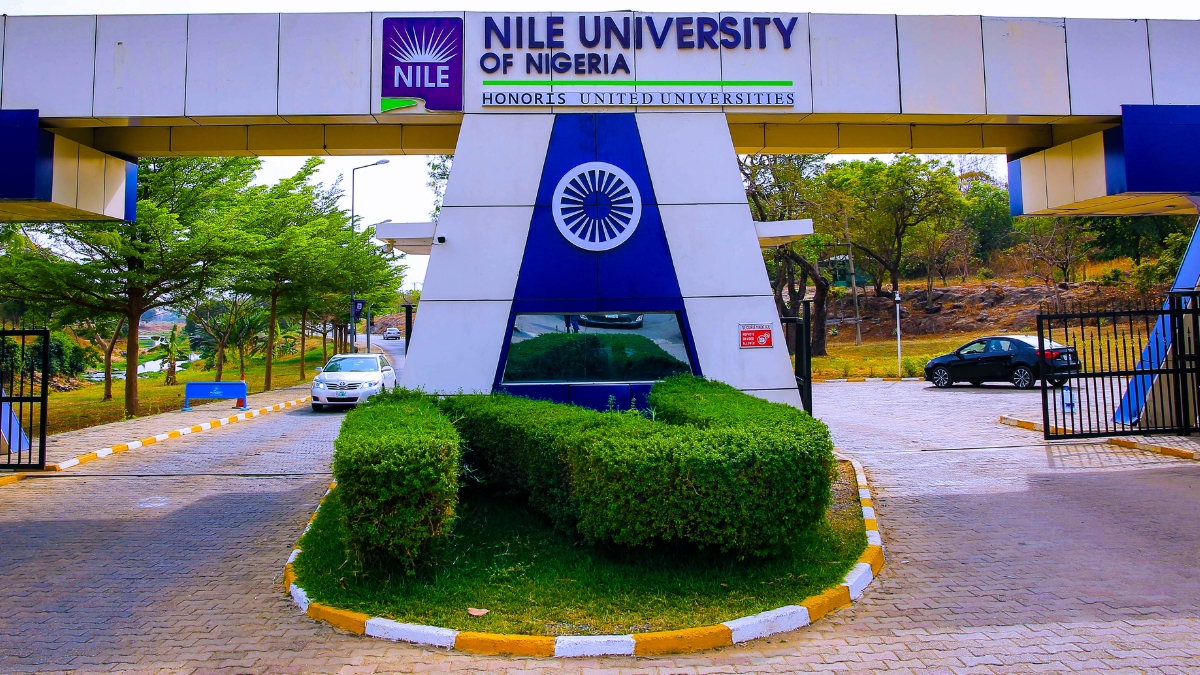A Professor of Computer Vision and Engineering at Nile University, Abuja, Steve Adetunji Adeshina, has called for the development of ethical guidelines toward harnessing the full potential of Artificial Intelligence (AI) while preserving human oversight.
Prof. Adeshina who stated this at Nile University second inaugural lecture on ‘Machine Intelligence vs Human Intelligence: Can Machines Outperform Humans?’ called for the adoption of Artificial Collaborative Intelligence (ACI), a partnership between human creativity and AI’s computational power.
He emphasised the need for ethical frameworks and interdisciplinary collaboration to ensure responsible AI development.
The lecture also examined the complementary strengths of human and machine intelligence. While humans lead in creativity, emotional intelligence, and social interaction, machines outperform in handling vast datasets and executing high-speed tasks with precision.
- FG launches national plan on antimicrobial resistance, genomic surveillance strategy
- Why Gowon deserves to be celebrated @ 90 – CAN
Prof. Adeshina advocated “collaborative intelligence,” where the combined strengths of humans and machines enhance problem-solving and innovation across sectors like healthcare, where AI assists in diagnosing diseases, and in autonomous vehicles, where it ensures efficiency and safety.
Earlier, the Vice-Chancellor of the university, Prof. Dilli Dogo, emphasised the significance of inaugural lectures in the academic environment, stating that inaugural lectures provide a platform for intellectual exploration, allowing them to examine cutting-edge research and its potential impact on society.
“At Nile University, we see these lectures as vital opportunities for the exchange of knowledge and the promotion of academic excellence,” he said.
He further noted that these events encourage dialogue between academia and industry, strengthening the university’s role in driving innovation.
“Prof. Adeshina’s lecture explored the advancements in generative AI, particularly large language models (LLMs), and their profound impact on fields such as computer vision, natural language processing, and autonomous systems.
He highlighted how Generative Adversarial Networks (GANs) have revolutionized the creation of realistic images and videos, providing transformative tools for industries ranging from entertainment to medical imaging,” he said.

 Join Daily Trust WhatsApp Community For Quick Access To News and Happenings Around You.
Join Daily Trust WhatsApp Community For Quick Access To News and Happenings Around You.

